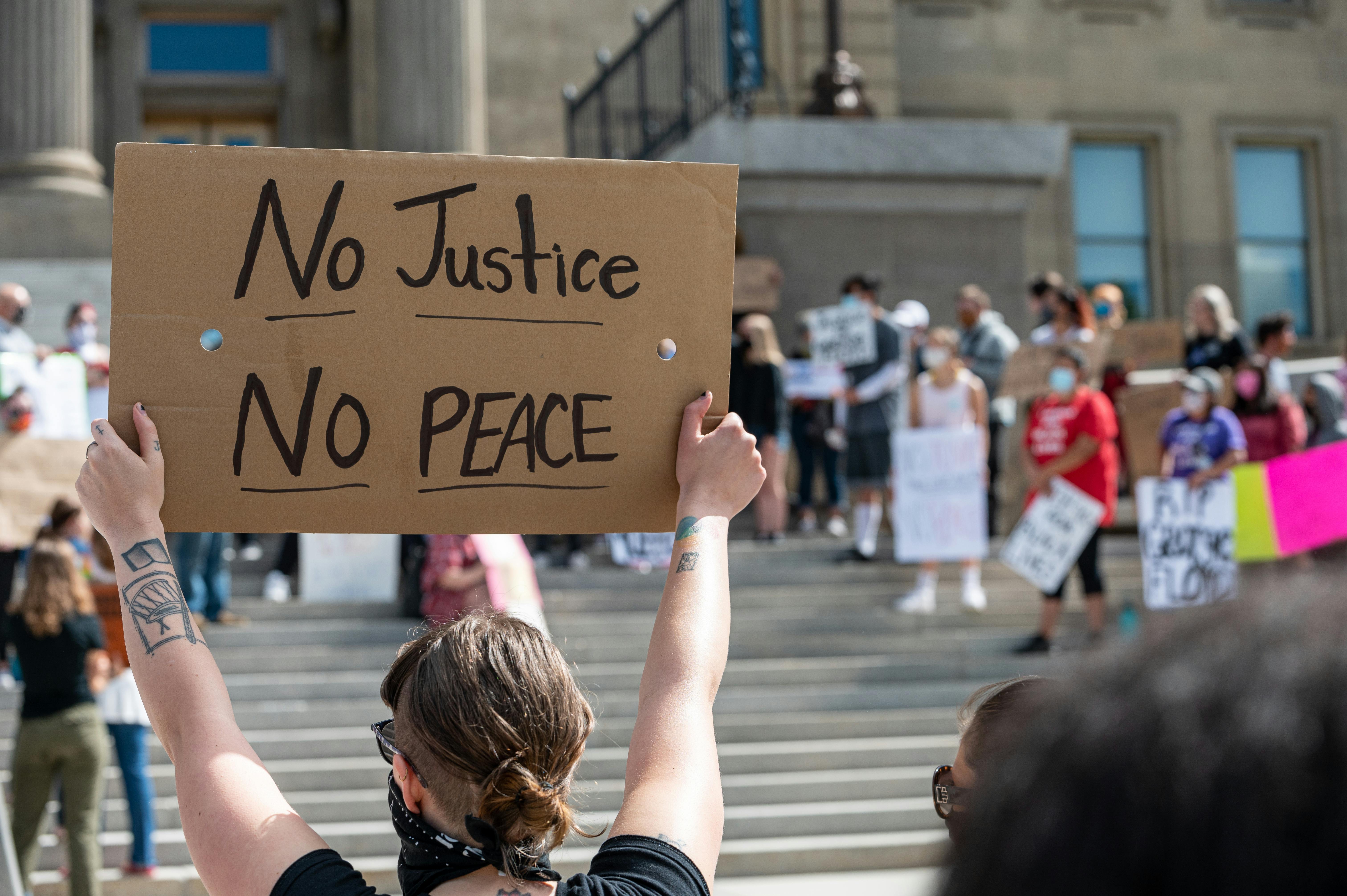If we apply this charge of Jesus, the lawyers could go bankrupt.
An attorney once said to a client, “Let me give you my honest opinion.” The client replied, “No, no. I am paying for professional advice.”
Isn’t that what we want sometimes instead of the truth? We are more interested in how we can get out of something than in the truth. Is it mere coincidence that immediately after the “Yes, Yes, No, No” teaching, Jesus said, “If someone wants to sue you and take off your robe, let him have your cloak as well” (Matthew 5:40)?
Before we get into this saying that could send a lot of lawyers packing for a permanent vacation from the law, let’s see what some of my friends have to say. “If you say ‘Yes’ and your friend says ‘No,’ you should go your own way,” says 9-year-old Joshua.
Think about how many bruises would be saved, both emotionally and physically, if everyone applied Joshua’s rule. This rule does not apply to all situations, but in some circumstances, it could save lives.
Mariel, 10, says we must first consider the motivation behind our responses: “Ask ‘What would Jesus do?’ yourself. And always seek His kingdom first. “
Most of us want the best for ourselves and our loved ones. That is natural. But Jesus did not live his natural life. He lived for the life of his Father. Even in his last agonizing hours, he prayed for something other than to carry our sins on his own body. Yet he submitted to his Father: “Not my will, but yours be done” (Luke 22:42).
In praying this prayer, Jesus applied what he had taught earlier: “Seek first the kingdom of God and his righteousness, and all these things will be added to you” (Matthew 6:33).
“Either you do the right thing or the wrong thing, and there is no means,” says 11-year-old Daron. “Jesus wants us to walk the fine line and not straddle the middle.”
Isn’t that why lawyers do so well? If people wanted to do the right thing, lawyers could go fishing. . . to make a living.
“If someone asked you to marry him and you say ‘Yes,’ you have to say ‘Yes,'” says 10-year-old Haley.
We live in a culture where taking an oath before God and testifying “until death do us part” does not seem to have the same binding effect that it had on previous generations. Again, is it mere coincidence that Jesus taught about the binding nature of marriage immediately before the importance of keeping one’s word (Matthew 5: 31-32)?
“Jesus said this because he wants us to mean what we say,” says 10-year-old Cecily. “Some people say ‘Yes’, but they don’t really mean it. Or, some people say ‘No’, but they do the opposite of that.”
The Jews of the first century had an elaborate system of oaths, according to extra-biblical Hebrew writings. For example, swearing “by Jerusalem” was not required, but swearing “by Jerusalem” was required. If oaths become clever ways to deceive by invoking Jerusalem, heaven, earth, or even God’s name, Jesus said, “Do not swear at all” (Matthew 5:34). In other words, forget about oaths altogether. Just tell the truth.
While we might be tempted to take ridiculous oaths among first century Jews, are we better today? Do we really consider our word to be binding, even if we have not signed a contract? Will we keep our word even if it costs us something we hadn’t anticipated?
In 1883, “Semper Fidelis” became the official title of the Marine Corps musical march. Translated from Latin, it means “Always faithful”. Can Christians afford to adopt one less motto by saying “Yes” to someone as a representative of a God who has always been faithful? No!




